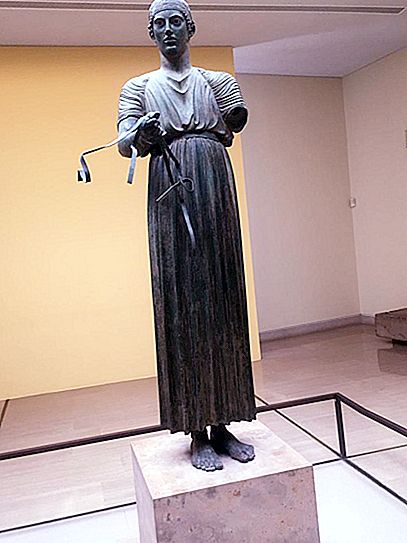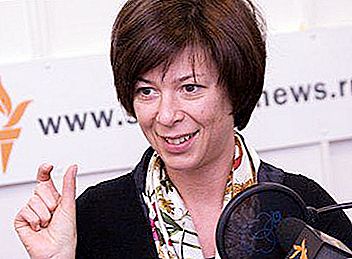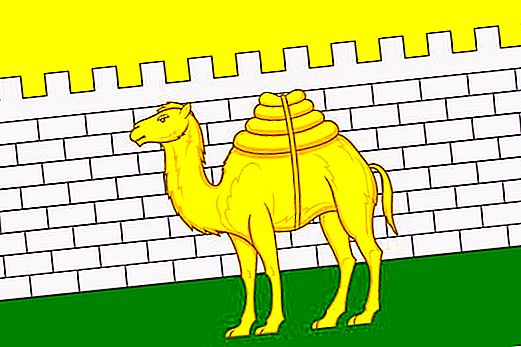There are two ancient sources of wisdom in the world. They are rightfully considered to be folklore that conveys wisdom in short sayings, legends and tales, as well as books - the first full repository of information. These two phenomena could not fail to intersect, so today mankind has many books about proverbs and a huge number of proverbs about books.
History of books in Russia
As you know, in 988, Russia adopted Christianity. In this regard, there was a need for material carriers that could spread the dogmas of the Orthodox faith throughout the state. Books that were manually copied by the monks became such carriers of information about the holy laws of Christianity. A significant contribution to the development of the book in Russia was made by the brothers Cyril and Methodius.

During the reign of Ivan the Terrible, the need for a large number of books greatly increased, since the layer of the educated population of the state (boyars), in turn, increased markedly. The monks did not have time to rewrite the books, moreover, it took a very long time. In this regard, printing equipment was required. The founder of the printed book in our country is considered to be Ivan Fedorov, who, on the orders of Ivan IV, published the publication “Acts of the Apostles” in the first printing house.
Since then, books have become an integral attribute of educated and moral people; they have become part of Russian tradition and folklore: a new variety of utterances has appeared - proverbs about the book.
Under Peter I, print media became not only the bearer of Christian values. Secular literature has appeared that performs a recreational function. Textbooks and collections were also written, according to which children studied at home and in educational institutions. Thanks to this variety of printings, proverbs about the book began to include an additional connotation. They equated reading with learning and education.
Book as a symbol of learning
Proverbs and sayings about the book fixed it in the Russian folk tradition as a source of knowledge and a storehouse of information. It is no accident that a widespread opinion has appeared that an intelligent person cannot become one without reading.
Books were firmly entrenched in the education system, included in the curriculum of educational institutions, the concept of “classical literature” also appeared, which could not exist if the works of great writers were not fixed on a material medium.

Proverbs about the book represent only the aggregate image of publications as something useful for human morality. But there have been many cases in history when books and individual works were considered dangerous, as they contained ideas contrary to the interests of the authorities. An example of this is the “Gulag Archipelago” by A. Solzhenitsyn, a novel that came to the public court much later than it appeared from under the pen of the writer.
Russian sayings about books
The value of the book has always been emphasized in Russian folklore. An illustration of this thesis is the saying: "Gold is mined from the earth, and knowledge is obtained from a book." From it it is clear that knowledge for the Russian people is tantamount to gold in value, and a good book is a fertile ground on which everything useful and necessary for a spiritually and morally developed person appears.
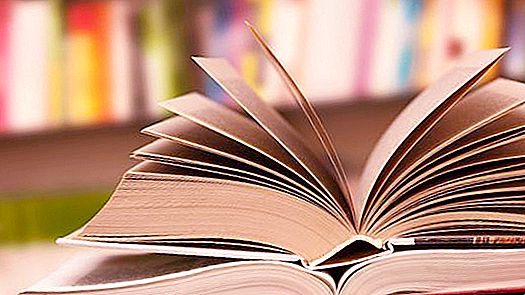
Proverbs about the book are inextricably linked with the process of familiarization with the information presented in it, that is, with reading. In Russia, by the way, until the abolition of serfdom, most of the population was illiterate, since the peasants did not have material opportunities to send their children to an educational institution. Nevertheless, proverbs about the book and its reading were entrenched in the Russian tradition long before illiteracy was eliminated in the state.
Chinese book sayings
Wise oriental thinkers could not ignore the topic of books. Proverbs and sayings about the book occupy an important place in Chinese folk art.
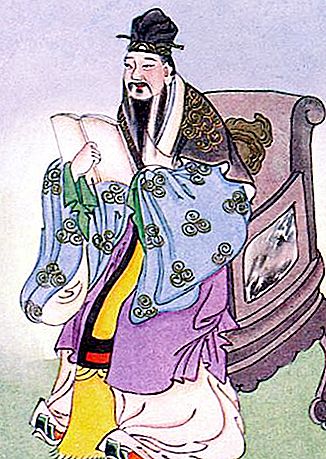
Oriental expressions are distinguished by a special, refined metaphor, which makes them bright and refined. Here is one of them: “An unfinished book is a path not completed to the end.” This proverb emphasizes that reading a work is a lifetime with its own characteristics and laws to which a person must obey. If the reading of the work is not completed, it means that all previous actions lose their meaning, the essence and philosophy of the book remain incomprehensible, the reader will not be able to fully appreciate its beauty. Thus, proverbs about books and reading are very common and relevant in China.
Russian sayings about learning
The Russian people, of course, perceive education as a blessing for man. And since the book is the source of knowledge, the concepts of “learning” and “reading” in domestic folklore have become synonymous. That is why proverbs about the love of a book are often embodied in a different kind of utterances - in the proverbs about learning: “A bird is red with feathers, and a man is learning, ” because self-education is impossible without a good book.

